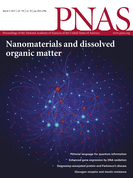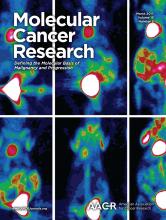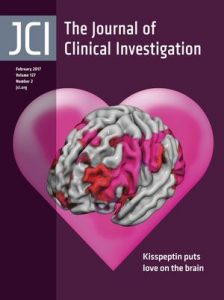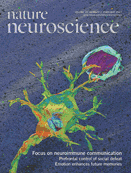 The chair of a biology department who has faced years of misconduct accusations has taken another hit—a lengthy correction due to text “overlap” between one of his PNAS papers and six other articles.
The chair of a biology department who has faced years of misconduct accusations has taken another hit—a lengthy correction due to text “overlap” between one of his PNAS papers and six other articles.
According to the correction, a reader contacted the journal to notify the editors that text and sentences in multiple sections of the 2015 paper — on which Carlo Croce is last author — were lifted from other sources without quotation marks.
This is the second correction for Croce in PNAS regarding overlap issues in just the last few weeks—the first was published on March 7 (see here). In both instances, PNAS did not call the textual similarities plagiarism, but the notice details multiple instances of overlap.
Croce, the chair of the department of cancer biology and genetics at The Ohio State University (OSU), is no stranger to controversy.


 Two blog posts are shining additional light on a recent retraction that included some unanswered questions — namely, the identity of the researcher who admitted to manipulating the results.
Two blog posts are shining additional light on a recent retraction that included some unanswered questions — namely, the identity of the researcher who admitted to manipulating the results. Pfizer has retracted a paper by a former employee who was fired after the company discovered she had been doctoring data.
Pfizer has retracted a paper by a former employee who was fired after the company discovered she had been doctoring data.


 Only days after his paper was published online, a neuroscientist has posted a comment on PubMed alerting readers to several duplication errors.
Only days after his paper was published online, a neuroscientist has posted a comment on PubMed alerting readers to several duplication errors.